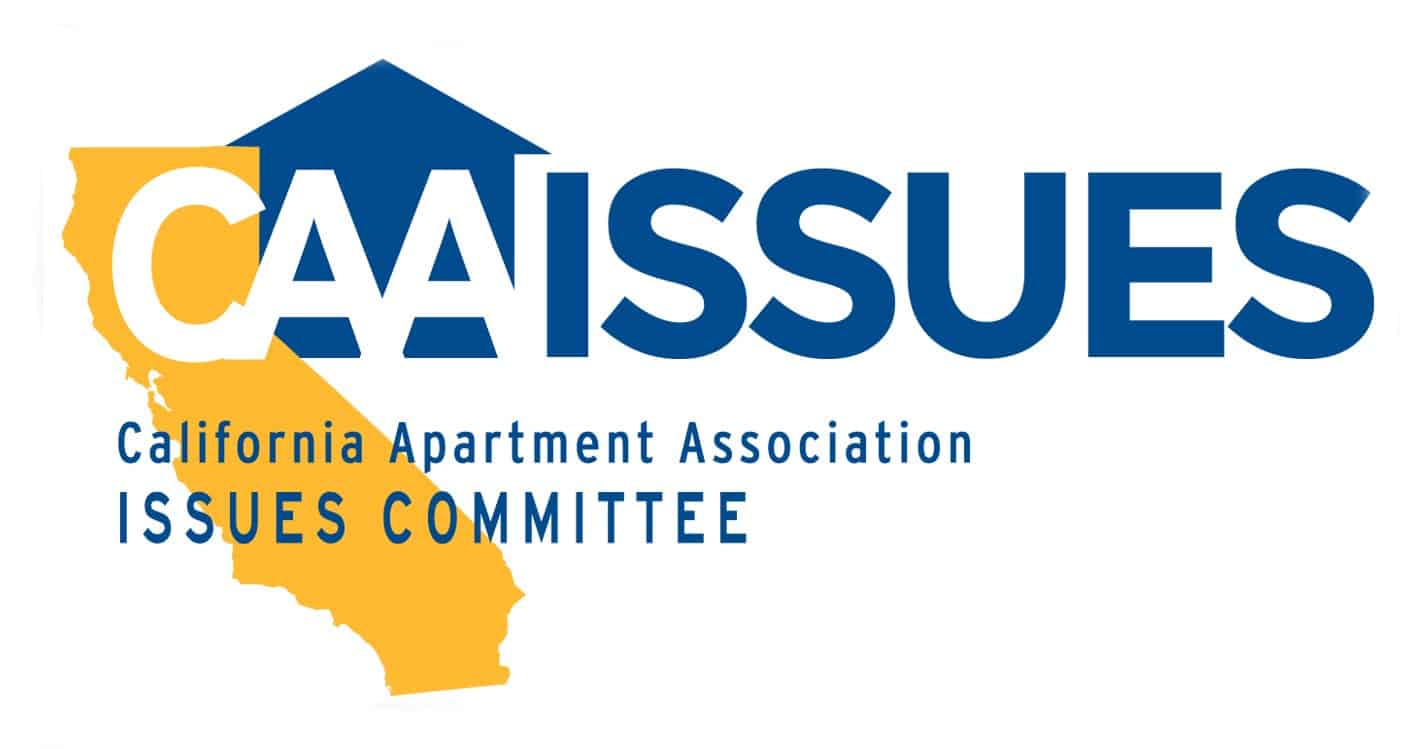In a recent decision, the Los Angeles County Board of Supervisors passed a proposal to establish a “safe maximum temperature threshold” for residential units. This new regulation mandates rental properties to be “cooling ready,” enabling tenants to install air conditioning.
The proposal, however, has raised concerns for the California Apartment Association, particularly regarding the financial implications for rental housing providers. CAA has been vocal about the rushed nature of this decision and the lack of funding to support the required changes.
Fred Sutton, senior vice president of local public affairs at CAA, emphasized the need for a more nuanced approach.
“Apartment buildings were built to code at the time and operators find themselves facing changing climate conditions through no fault of their own,” Sutton said in a letter to the county. “There could be unintended consequences which departments and the Board of Supervisors should be aware of prior to ordinance creation. We respectfully ask that a thorough and holistic study be conducted in concurrence with stakeholder feedback and before an ordinance is directed.”
The proposal also indicates that landlords should not transfer compliance costs to tenants through rent increases or additional charges. While this aims to protect tenants, CAA highlights the potential for an unfunded mandate affecting property owners.
The specifics of the ordinance, including the maximum temperature setting and enforcement mechanisms, are still under development. County officials have suggested various energy-efficient upgrades as possible compliance methods, reflecting a flexible approach to achieving the desired temperature standards.
CAA plans to continue its dialogue with the county, advocating for a balanced, well-researched approach to the ordinance. The association stresses the importance of comprehensive analysis and stakeholder involvement to ensure the new policies align with both housing and climate goals, without imposing undue financial burdens on either landlords or tenants.

